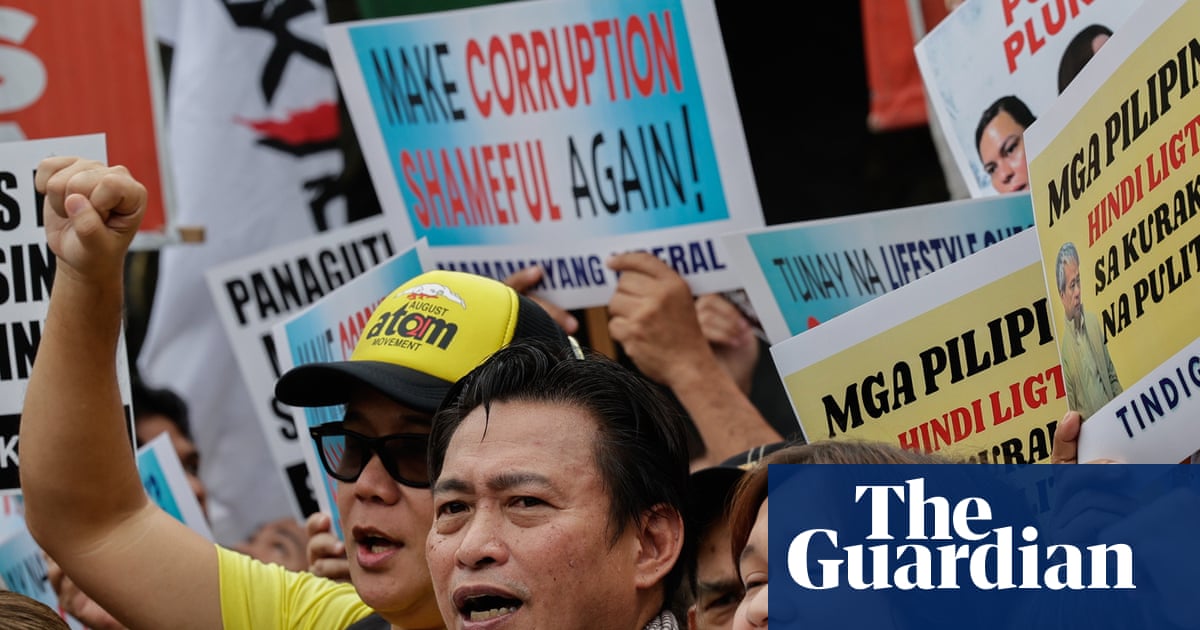There’s not much that unites our fractured House of Commons at the moment. But on one issue, politicians from all parties seem to agree: the great British public don’t really want ambitious action to meet net zero goals. They may concur on this – but they are wrong.
On the right of the spectrum, opposition politicians have been sounding a rapid retreat from the net zero target. In doing so, they are breaking with a strong Conservative tradition – it was Theresa May who signed the target into law in 2019, with cross-party support. Council elections this spring saw victories for Reform UK, which opposes most net zero policies outright, and argues for an economy based on fossil fuels. Meanwhile, the Labour government has net zero as one of its five missions, yet it, too, seems reluctant to make a positive case for action to tackle the climate crisis. It worries there won’t be enough support for policies such as replacing gas boilers or managing demand for flying, and it has been further cowed by unhelpful voices off from the former prime minister Tony Blair.
In a democracy, politicians should aim to represent people’s views. Of course the climate threat is urgent, and the UK has international commitments to meet. But given our fragile economy, is there an argument that a slower pace of change is justified for now, if this is what people want?
Sounds plausible to some, but there’s a catch: this isn’t actually what people want at all. Our research with politicians and citizens shows that politicians consistently underestimate public support for climate action. Over the past decade, my colleagues and I have tracked politicians’ understandings through detailed interviews with MPs. We have found that politicians from all sides are hesitant to advocate for ambitious measures, because they think the public won’t support them. Yet this isn’t borne out by opinion polls and social research, which show consistently high levels of concern about the climate crisis, and support for action.
There is a fundamental disconnect between what politicians believe the country thinks, and what evidence shows is the reality on the ground. Polling by Climate Barometer points to a “perception gap”, with half of MPs underestimating levels of public support for the net zero target. And while 72% of people say they would support onshore windfarms being built in their local area, with 17% opposed, MPs assume the opposite. They estimate public support at just 19%, and opposition at 39%.
Why is it that politicians get this so wrong? The answer lies in who they are hearing from. Think of public opinion on climate and some caricatures are likely to pop into your head. The climate protesters and campaigners, some so committed that they are willing to risk a prison sentence. And at the other end of the spectrum, an equally noisy minority who question climate science, or express deep scepticism about the solutions, whether windfarms, heat pumps or electric vehicles. These views are amplified by some companies that feel they may lose out from the net zero transition, and media voices stoking controversy. These voices may be loud, but they are not representative of the population. Yet they have a disproportionate hold over political imaginations. Imagine if, in designing education policy, we just heard from those who struggled at school and left with no qualifications, alongside people with postgraduate degrees. Hearing from both these groups is important, but they are not representative. For most people, education is a backdrop to their life, not a defining feature.
That’s why, in our research on the climate crisis, we take a different approach. We want to hear from everyone. We convene citizens’ panels, whose members represent the population as a whole, in terms of factors such as age, gender, income and education, as well as political attitudes and levels of concern about the climate crisis. When we first meet, our participants often tell us they were surprised that they were selected, because they don’t have firm views or expertise to offer. We tell them that’s exactly why we want to hear from them.
Typically, our participants tell us they are worried about the climate emergency, but it’s not front of mind for them, given the preoccupations of everyday life, like getting kids to school, work pressures or getting by on a tight income. They want to contribute, but they feel that what they can do on their own is limited. As a result, they have clear ideas of what they want from government. They are not happy with how things are at the moment. They don’t hear enough from leaders, and the less they hear, the less convinced they are that plans are credible, and they lose trust. They want politicians to lead the way, explaining what’s necessary, and developing policies that make it easier and cheaper to do the right thing.
Not everyone thinks the same, of course. Some want to go further and faster, and others will remain steadfastly opposed. But for most people, there is a way through, if you listen.
Increasingly, politicians and policymakers are understanding how important this listening is. More than 30 areas have now held citizens’ assemblies to contribute to local climate strategies. The Climate Change Committee, which I advise, convened a citizens’ panel to find out how people wanted to shape policies in areas such as dietary choices, transport options and home heating, with its most recent projections incorporating findings from the panel alongside the usual number crunching and economic analysis.
All this points to a way forward to politicians on left and right alike. Although different governments will have different priorities, the basic formula is clear. Tell people that you share their worries on the climate emergency, and that you want to make it easier for them to be part of the solution. Don’t assume that high levels of concern will translate to support for specific policies. Lead with initiatives that improve people’s lives, such as better public transport, financial support for heat pumps and insulation, and encouraging investment in clean industries in areas where jobs are needed. Make sure people get a say in decisions, and local people benefit from projects such as windfarms or grid upgrades. At national level, a permanent citizens’ panel could advise parliament or government on an ongoing basis, so that people’s priorities are reflected in policy.
It’s far from inevitable that climate issues will be dragged down by polarised politics. That’s not what people want. But unless politicians stop assuming and start listening, that’s what may happen.
-
Rebecca Willis is professor of energy and climate governance at Lancaster University

 2 months ago
114
2 months ago
114

















































